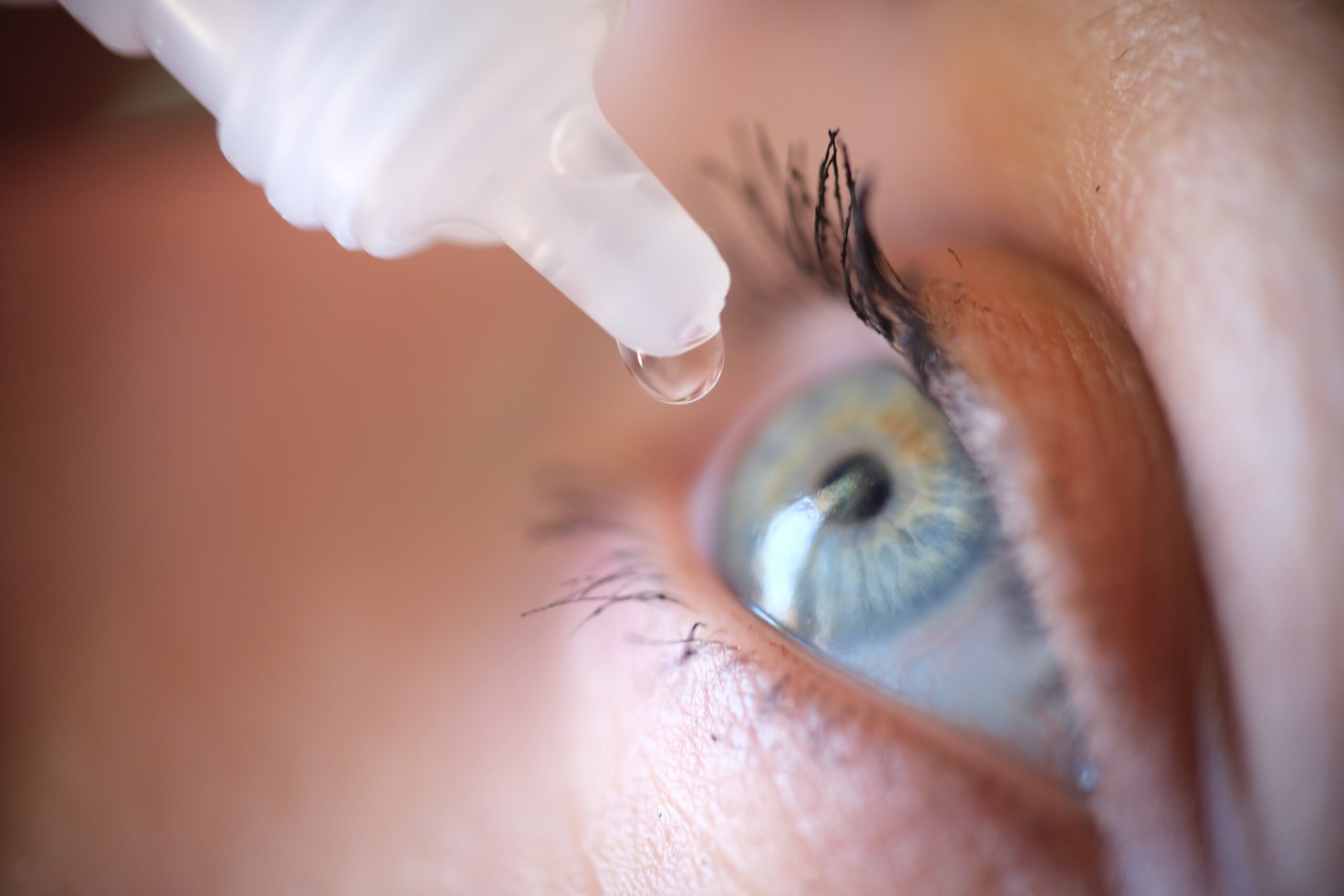
Health News
Features
-
Teaming Up For Good Pediatric Oral Health
by TERESA SCHIFFER Sponsored by Central Florida Health Care Good oral health begins early, with proper pediatric dental care. Although the importance of healthy baby teeth isn’t often talked about, the fact of the matter is that cavities and oral infections in children can lead to serious problems. Poor oral health may cause…
-
Listen to Your Heart
Man’s Experience Underscores Importance of Advocating for Yourself as a Patient by TERESA SCHIFFER No one knows your body better than you. There may be times when something just doesn’t feel right, and even though you voiced your concern to your physician, you weren’t able to get the answers that put your mind…
-
Know the Numbers: 1 in 4
Don’t Underestimate the Effects of Stress on Heart Health by TERESA SCHIFFER Heart disease accounts for one in every four deaths in the United States. With odds like that, it’s good to know that some contributing factors are within your control. Stress is one of those factors. Everyone experiences stress at some…
Columns
-
Understanding Abdominal Aortic Aneurysm
An aneurysm is a weakening or dilatation in a part of an artery. About 15,000 people die of ruptured abdominal aortic aneurysm (AAA) every year in the U.S. About 200,000 new cases of AAA are diagnosed every year. Most of these are diagnosed by tests that are done for unrelated reasons. The aorta is the…
-
A Guide to Over-the-Counter Artificial Tears for Dry Eye
by Chelsea Hollier, O.D. Dry eye disease, also known as Keratoconjunctivitis Sicca, is a prevalent condition characterized by insufficient tear production (aqueous deficient dry eye) or poor tear quality (evaporative dry eye). It affects millions worldwide, leading to discomfort and irritation. Fortunately, over-the-counter (OTC) artificial tears provide relief and aid in managing symptoms. Dry eye…
-
3 Options for Thoracic Aortic Aneurysm Management
In the previous two columns, I discussed aneurysms that occur in the aorta situated in the chest cavity. In this article, I will explain the various types of treatment options available for those thoracic aortic aneurysms. In general, outcomes favor endovascular repair over open repair as open repair is associated with higher rates of morbidity…





